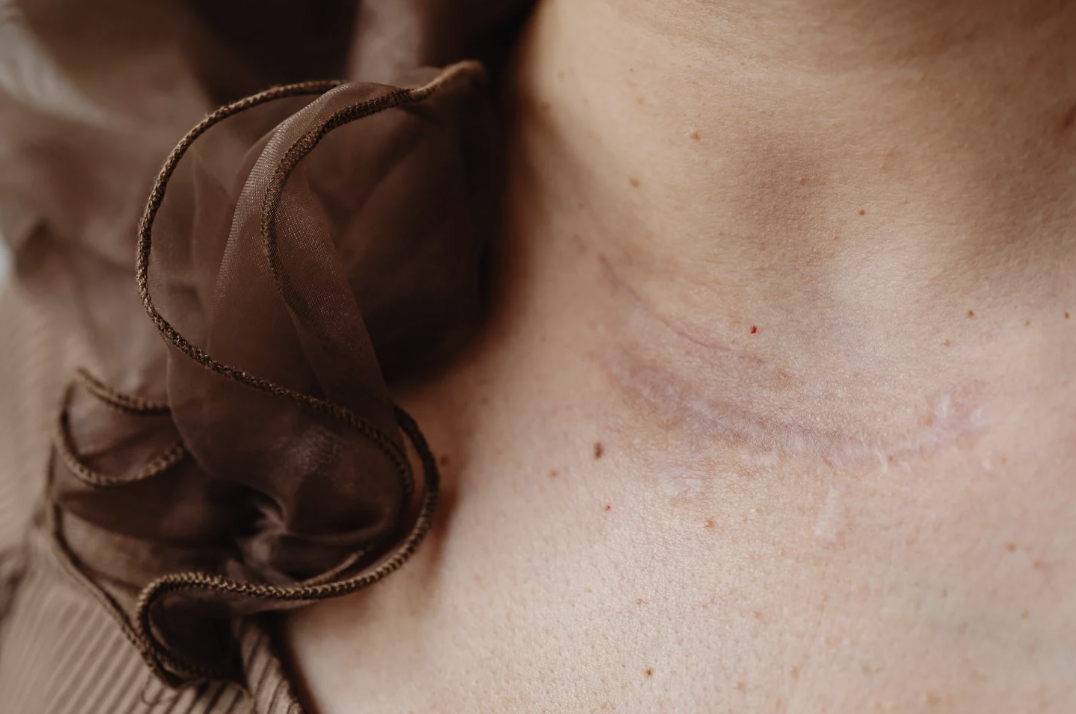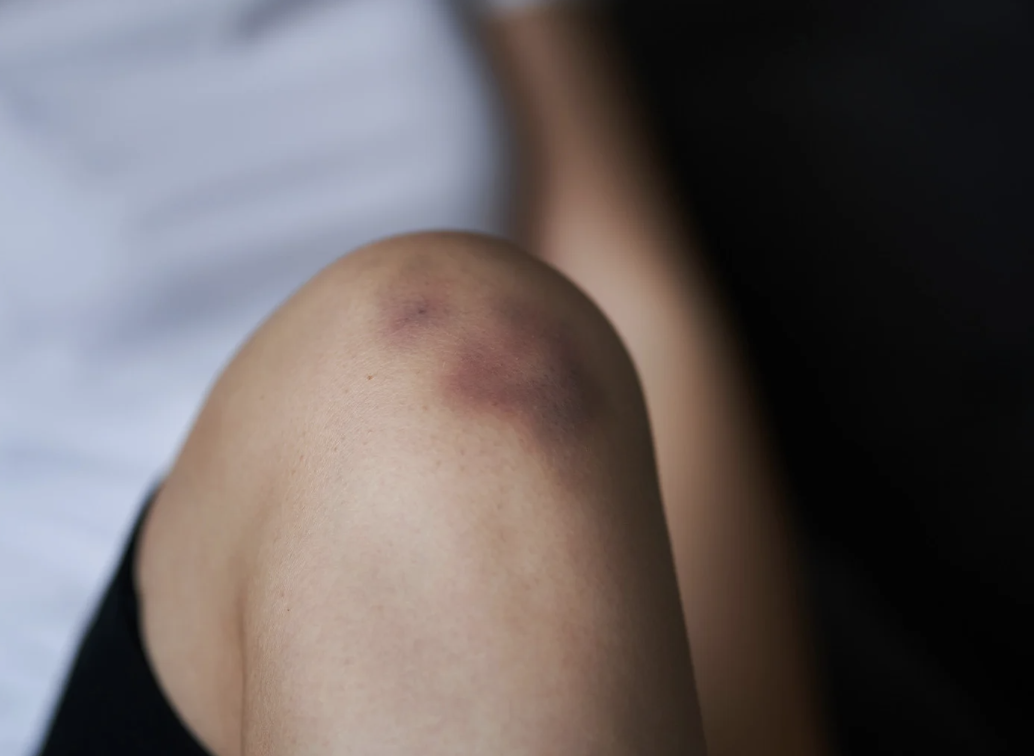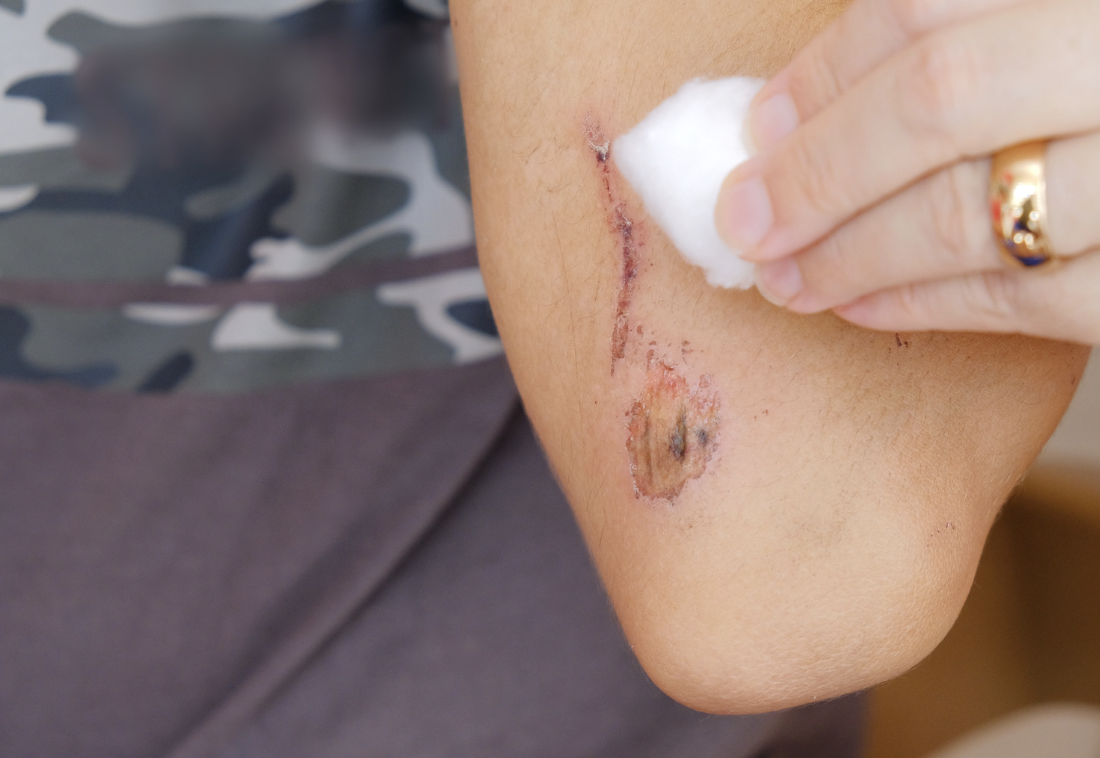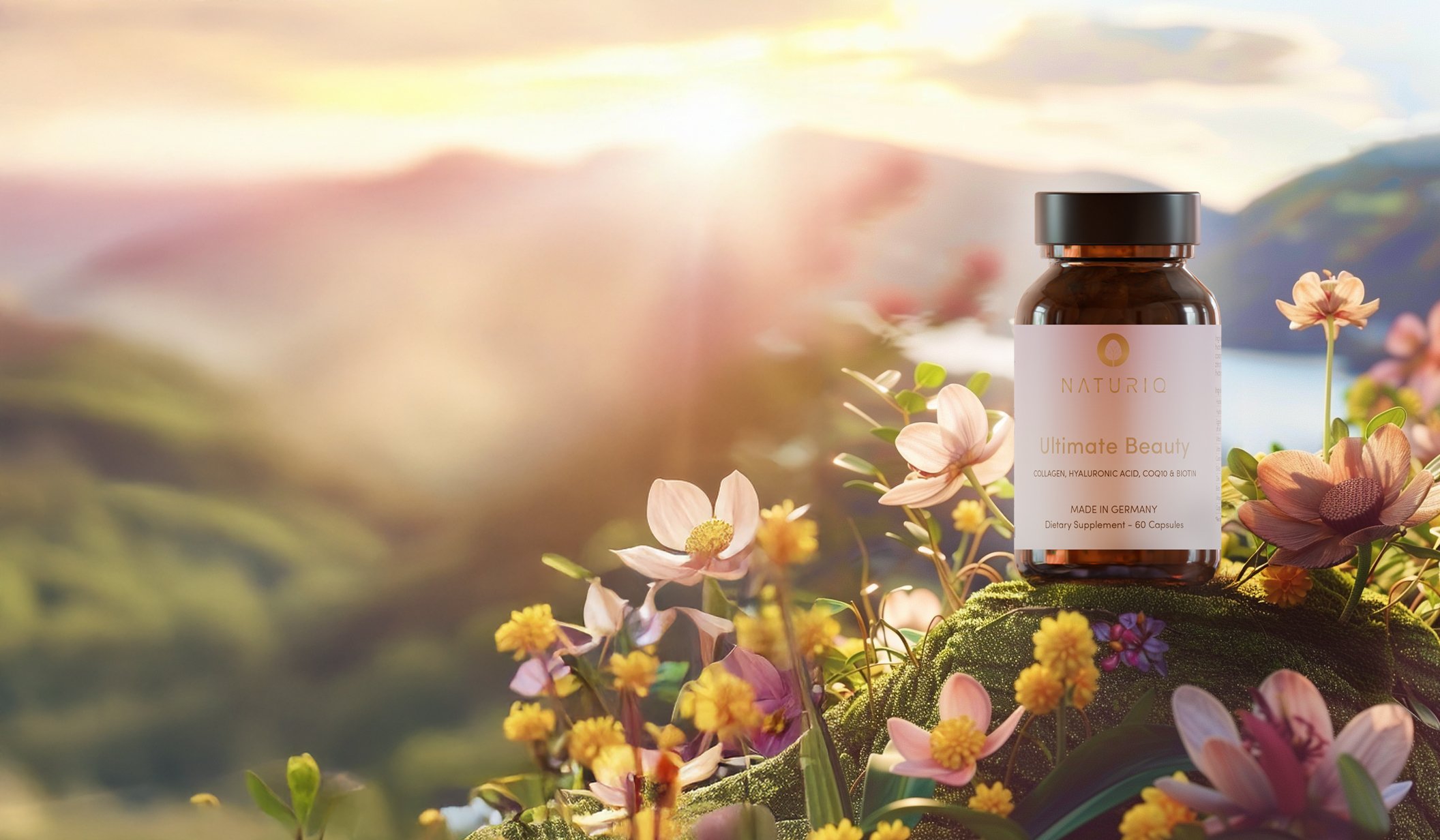
COMMON HEALTH CONCERN
Bruising & Slow Wound Healing
Lingering bruises and cuts that take longer to heal can point to deeper imbalances—like fragile blood vessels, oxidative stress, and weakened skin structure. When your body’s repair systems are under strain, even small wounds reveal bigger issues beneath the surface. These signs often reflect a slowdown in collagen production and reduced cellular resilience, long before more obvious symptoms appear.
Paying attention to them early can offer important clues about your overall skin and tissue health.
SOUNDS FAMILIAR?
“Are unexplained bruises and slow-healing cuts signaling deeper cellular damage?”
Why Do My Bruises Hang Around? Easy Bruising & Slow Wound Healing: Causes & Science-Backed Solutions
Your skin’s ability to recover from minor injuries, whether a bruise that won’t fade or a cut that won’t close, reflects underlying cellular health. When capillaries break too easily or fibroblasts lag in rebuilding collagen, what should heal quickly turns into persistent discoloration and open wounds.
Frequent or slow-resolving bruises often point to science-backed causes like oxidative stress weakening collagen, antioxidant depletion leaving cells vulnerable, gaps in key micronutrients (vitamin C, zinc, copper, vitamin K1) stalling clotting and tissue repair, and chronic inflammation disrupting healing. Prioritize collagen and nutrient rich foods, add supplements such as vitamin C, zinc, copper, and vitamin K1, tend wounds gently with breathable dressings, and adopt lifestyle tweaks such as better sleep, stress management, and daily SPF to reinforce your body’s healing machinery and help bruises fade and cuts close quickly.
-
When chronic inflammation persists, pro-inflammatory cytokines and enzymes break down collagen faster than it can be rebuilt, weakening vessels and delaying tissue repair:
Cytokines (IL-6, TNF-α): Drive MMP overactivation that degrades collagen, making capillaries fragile and prone to bruising.
Matrix Metalloproteinases (MMPs): Enzymatically cleave extracellular matrix proteins, slowing fibroblast-driven tissue reconstruction.
Omega-3 Fatty Acids: Precursors to resolvins; deficiency favors pro-inflammatory mediators, further stalling repair and promoting bruising.
Zinc: Cofactor for antioxidant enzymes and MMP inhibitors; insufficient zinc exacerbates oxidative damage and delays epithelialization.
Eat fatty fish, nuts, seeds, and fiber-rich vegetables for omega-3s and zinc. Supplement vitamin D, omega-3, and zinc if needed. Add turmeric and berries or green tea for anti-inflammatory polyphenols. Prioritize sleep, stress management, and daily SPF to reduce inflammation and speed healing.
-
When estrogen and growth hormones dip, fibroblasts slow, collagen synthesis falls, and skin loses resilience:
• Estrogen: Decline in perimenopause/menopause reduces collagen by up to 30%, thinning dermis and weakening vessel support.
• Cortisol: Chronic stress elevates cortisol, which suppresses fibroblast activity and accelerates collagen breakdown.
• Thyroid Hormones: Hypo- or hyperthyroidism disrupts keratinocyte turnover and lipid production, impairing skin repair.
• GH/IGF-1: Age-related drop diminishes fibroblast proliferation, slowing collagen and elastin renewal.Solution: Address hormonal gaps with HRT or phytoestrogens, manage stress via mindfulness and adequate sleep, include collagen peptides and vitamin C to fuel synthesis, and use topical retinoids or peptides to stimulate fibroblasts.
-
When lifestyle habits strain your body, circulation and repair suffer:
• Smoking: Nicotine narrows vessels, cuts oxygen delivery, and hinders fibroblasts, slowing healing.
• Excessive Alcohol: Disrupts clotting, drains nutrients, and weakens immunity, delaying repair.Solution:
Quit smoking to improve blood flow and oxygen delivery. Cut back on alcohol to support clotting and nutrient levels. Replace these habits with hydration, balanced meals, and stress relief for faster recovery. -
Autoimmune and hematologic conditions accelerate tissue damage by impairing clotting and triggering vessel inflammation, driving easy bruising and delayed wound healing:
Thrombocytopenia: Low platelet counts mean inadequate clot formation, so minor bumps cause significant bleeding under the skin and slow hemostasis.
Autoimmune Vasculitis: Inflammation of blood vessel walls weakens capillaries, leading to spontaneous bruising and hampered tissue regeneration.
Solution: ChatGPT đã nói:
Treat the underlying issue (like getting platelet support or medication for vasculitis), eat leafy greens or a vitamin K₁ supplement to help blood clot, and eat vitamin C–rich foods (citrus, bell peppers) with bioflavonoids (rutin) to strengthen vessels. Clean wounds gently (saline rinse, hemostatic dressings, cold compresses for bruises) and reduce inflammation by adding omega-3 foods (fatty fish) and turmeric to your diet while getting 7–8 hours of sleep.
-
Skin structure naturally shifts with time, weakening vessels and slowing repair:
• Thinning Dermis: After age 50, collagen and elastin decline, making capillaries fragile and fibroblast repair less efficient.
• Reduced Blood Flow: Aging microcirculation delivers less oxygen and nutrients to wounds, prolonging inflammation and healing.Solution: Support collagen with peptides or vitamin C supplements, engage in regular mild exercise (walking or yoga) to boost circulation, and maintain a nutrient-rich diet (lean protein, leafy greens) to help your skin heal faster.
The Bottom Line
Bruising and slow healing aren’t just skin-deep: they signal your body’s internal repair capacity. By addressing nutrient gaps, reducing inflammation, and protecting your vessels and tissues, you’re investing in more than faster recovery; you’re boosting your overall resilience and vitality, and this commitment will mean bruises fade sooner, cuts close quicker, and you feel stronger from the inside out.
Collagen support, clotting nutrients, and inflammation control prevent bruising and speed healing.
FAQs
-
Yes. Collagen peptides provide amino acids (glycine, proline) that help fibroblasts rebuild tissue more quickly, supporting skin and vessel strength for faster wound closure.
-
Limit sugary, fried, or highly processed foods that drive inflammation and AGE formation, and reduce alcohol intake since it thins blood and can interfere with nutrient absorption.
-
Citrus fruits (oranges, guavas, bell peppers) for vitamin C; lean meats, salmon, pumpkin seeds, sunflower seeds for zinc; shellfish like oysters for zinc and copper; and dark leafy greens (spinach, kale) for vitamin K1.
-
Get 7–8 hours of sleep, manage stress to keep cortisol in check, engage in light exercise to boost circulation, and practice proper wound care (gentle cleansing, maintaining a moist environment, and using breathable dressings).
-
Vitamin C: Supports collagen synthesis and strengthens blood vessels.
Zinc: Promotes cell proliferation and tissue repair.
Copper: Activates the enzyme that cross-links collagen and elastin, reinforcing connective tissue.
Vitamin K1: Aids in activating clotting factors to shorten bleeding time and reduce bruising.
READY TO GLOW?
Vitamin Essentials
Vitamin Essentials is our science-backed daily formula, made in Germany, to support overall health, immunity, and vitality—so you can feel balanced and energized every day.
-
Crafted to the highest standards with premium ingredients and strict quality control, because your body deserves nothing less.
-
Essentials delivers a complete blend of carefully dosed vitamins and minerals—including high-potency Vitamin C (300mg), Vitamin D, Zinc, and a full B-complex—for daily energy, immunity, and metabolic support. With added citrus bioflavonoids to boost absorption, every capsule is designed to fill nutritional gaps and keep your body in balance.
-
Backed by science to strengthen immunity, boost resilience, and protect your health—one capsule at a time.
What Experts Say







